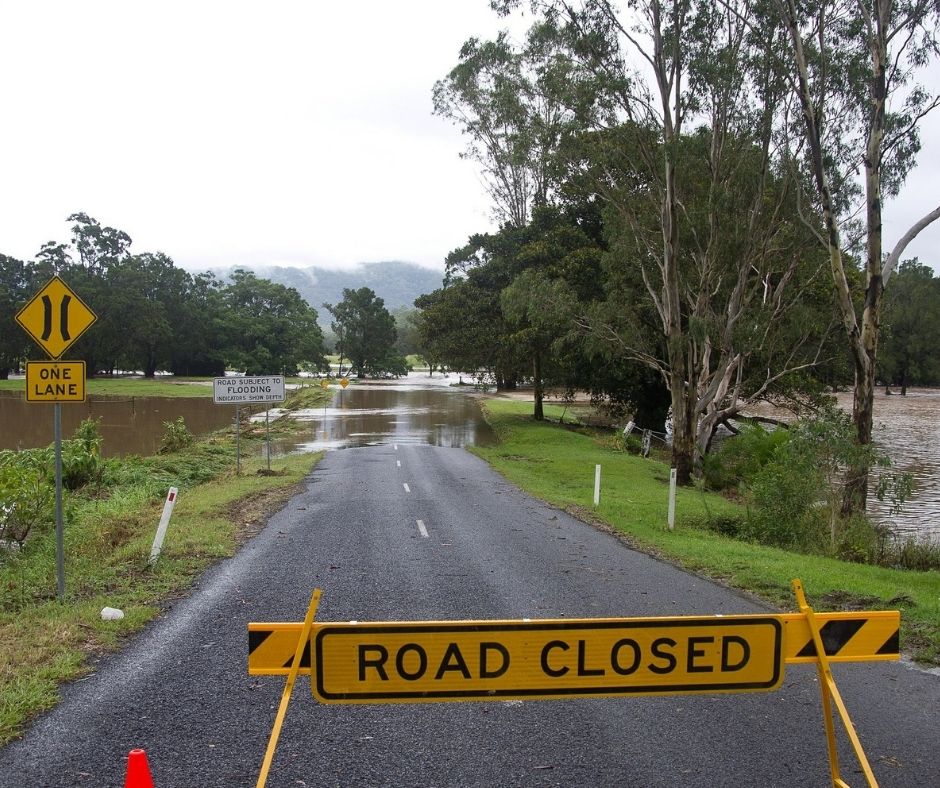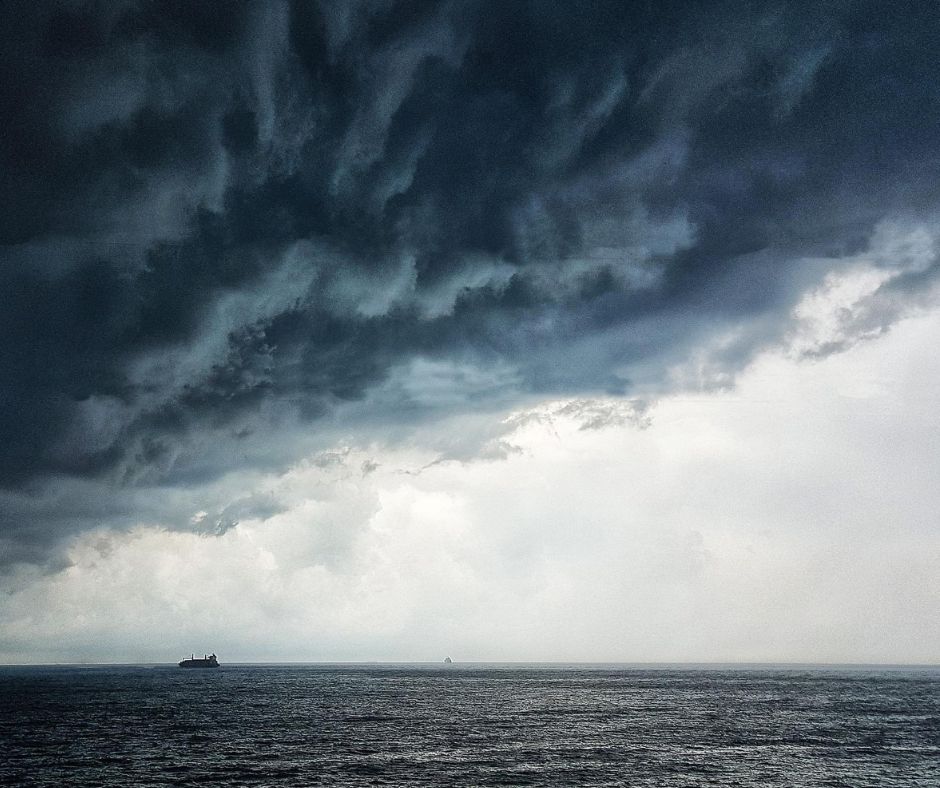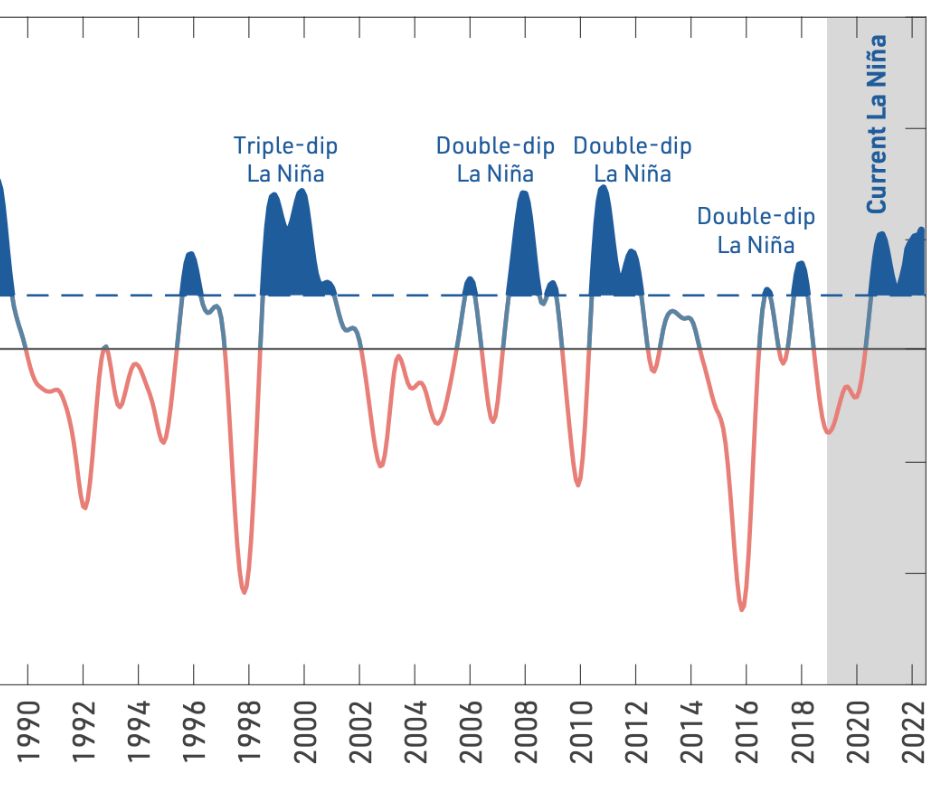-
No more excuses: restoring nature is not a silver bullet for global warming, we must cut emissions outright

We now need new international cooperation and agreements to stop expansion of fossil fuels globally and for governments to strengthen their national climate pledges under the Paris Agreements ratcheting mechanism. Promises of carbon dioxide removals via land cannot justify delays in these necessary actions.
-
Our flood predictions are getting worse as the climate changes. We have to understand how hills shape floods

Floods are a difficult challenge for societies to deal with around the world. That’s because coping with floods requires us to make long-term decisions about where we live, how we live, and what we build in the face of a rapidly changing climate. To fully address these problems is an international, multidisciplinary task for scientists,…
-
Concerns over a third possible La Niña for Australian spring 2022

Four out of seven forecasting models are predicting La Niña will return in late spring.
-
Multi-year La Niña events

La Niña is an important cause of rainfall variability of Australia. A multi-year La Niña event can be particularly important for some climate risks. Some climate models are indicating that La Niña may continue for a third year through spring and summer 2022-23, increasing the chances of more rain and flooding.
-
Australian climate and weather modelling powers up with new research facility

“This facility is important for Australian science and for all Australians. It’s an investment in our nation’s know-how and our nation’s future.”
-
4 ways to understand why Australia is so cold right now despite global warming

Weather needs to be put in a long term context to understand why cold weather extremes still happen as global warming also occurs.
-
Tackling inequality and challenges faced by women and other under-represented groups in science

The ARC Centre of Excellence for Climate Extremes is a Women in STEM Decadal Plan Champion
-
Understanding Australia’s rainfall

By bringing together researchers focussed on the large-scale modes of climate variability with researchers investigating weather and land surface processes, our goal is to improve the regional predictions of how rainfall extremes will change in the future.
-
A huge Atlantic ocean current is slowing down. If it collapses, La Niña could become the norm for Australia

At no time in Earth’s history, giant meteorites and super-volcanos aside, has our climate system been jolted by changes in atmospheric gas composition like what we are imposing today by our unabated burning of fossil fuels.
-
Why is it so cold right now? And how long will it last? A climate scientist explains

Australia may see more cold spells than normal in winter 2022.
